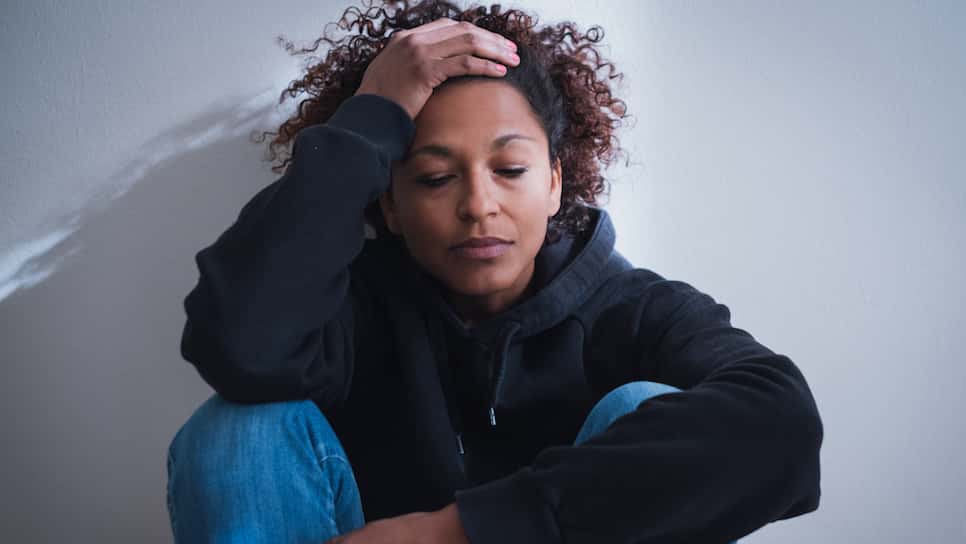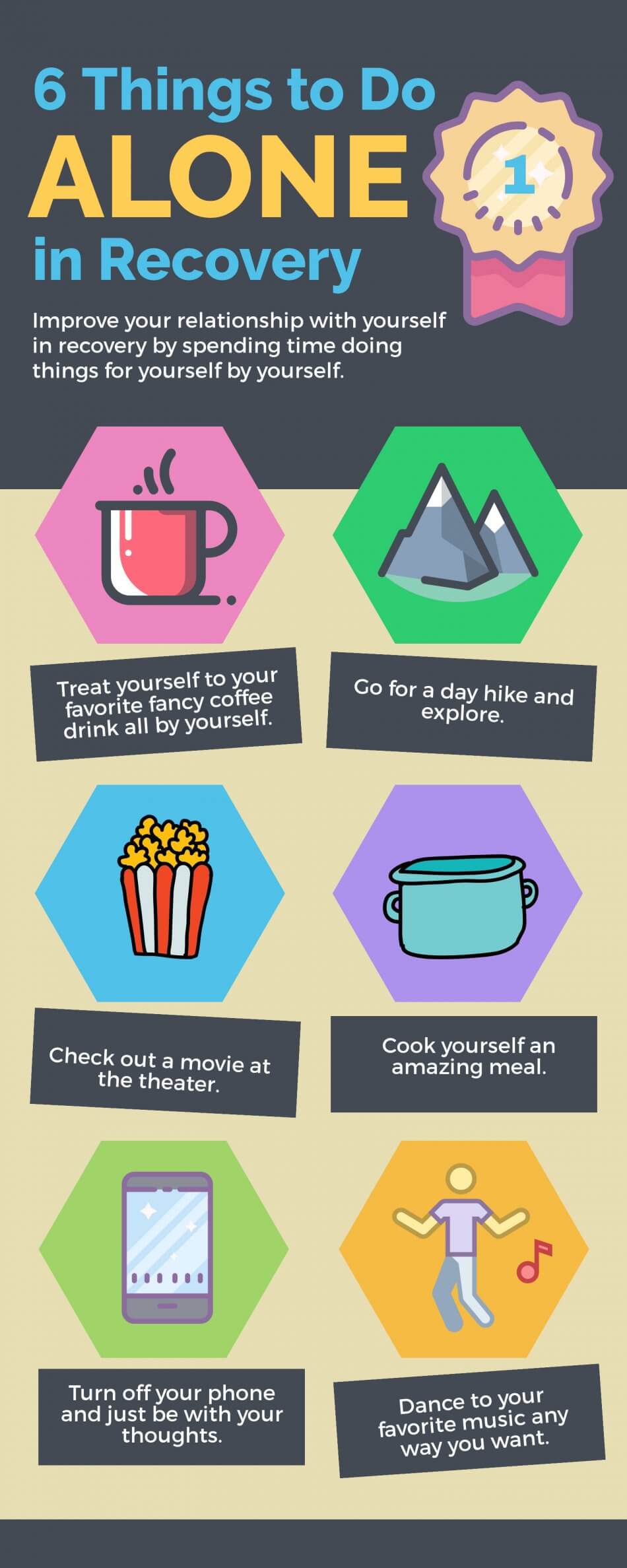The Buzz on What Is Holistic Treatment For Drug Addiction
Although there's no remedy for drug dependency, treatment choices described below can help you get rid of an addiction and stay drug-free. Your treatment depends on the substance abuse and any associated medical or psychological health disorders you may have. Long-lasting follow-up is very important to avoid relapse. Treatment programs generally provide: Individual, group or household therapy sessions A concentrate on understanding the nature of dependency, ending up being drug-free and avoiding relapse Levels of care and settings that differ depending on your needs, such as outpatient, property and inpatient programs The objective of detoxing, also called "detox" or withdrawal treatment, is to enable you to stop taking the addicting drug as quickly and safely as possible.
Others might require admission to a medical facility or a property treatment center. Withdrawal from various categories of drugs such as depressants, stimulants or opioids produces different adverse effects and needs various techniques. Detox might involve gradually lowering the dose of the drug or briefly replacing other compounds, such as methadone, buprenorphine, or a mix of buprenorphine and naloxone.
Naloxone momentarily reverses the effects of opioid drugs. While naloxone has been on the market for years, shipment systems such as Narcan (a naloxone nasal spray) and Evzio (a naloxone injection device) are now offered, though they can be really pricey. Evzio is a small injection device that provides voice directions to guide the user and automatically place the needle into the thigh to deliver the naloxone injection.
As part of a drug treatment program, behavior modification a kind of psychiatric therapy can be done by a psychologist or psychiatrist, or you may get therapy from a licensed alcohol and drug therapist. Therapy and therapy might be finished with a private, a household or a group. The therapist or therapist can: Help you establish ways to handle your drug yearnings Suggest strategies to avoid drugs and avoid relapse Deal recommendations on how to handle a regression if it occurs Speak about problems regarding your job, legal problems, and relationships with friends and family Include member of the family to help them develop much better communication skills and be supportive Address other psychological health conditions Lots of, though not all, self-help support system utilize the 12-step model first established by Twelve step programs.

The self-help support system message is that addiction is a chronic disorder with a danger of relapse. Self-help assistance groups can decrease the sense of embarassment and seclusion that can lead to relapse. Your therapist or certified therapist can assist you locate a self-help assistance group. You may likewise find assistance groups in your community or on the web.
Unknown Facts About How To Find Free Meth Addiction Treatment Centers In San Diego
Learning brand-new coping abilities and knowing where to find help are vital. Taking these actions can assist: Drug addiction is linked to a variety of problems that may be aided with therapy or therapy, consisting of other underlying mental health issues or marital relationship or family issues. Seeing a psychiatrist, psychologist or certified counselor might help you regain your assurance and repair your relationships.
Look for immediate treatment from a certified mental health professional if you have any indications or symptoms of mental illness. Support system, such as Narcotics Anonymous or Alcoholics Anonymous, can be very effective in handling addiction. Empathy, comprehending and shared experiences can help you break your addiction and Drug Rehab Delray stay drug-free.
You can begin by discussing your compound usage with your primary doctor, or request for a referral to a specialist in drug addiction, such as a certified alcohol and drug counselor, or a psychiatrist or psychologist. Take a relative or friend along (how to determine the appropriate level of care for a client in addiction treatment). Here's some info to assist you get ready for your consultation.
To get a precise concept of which treatment may help, be honest with your doctor or other mental health expert. that you're taking, and the does. Inform the medical professional about any legal or illegal drugs you're using. your doctor or psychological health expert. Some concerns to ask your physician may include: What's the finest approach to my drug addiction? Should I see a psychiatrist or other psychological health specialist? Will I need to go to the hospital or hang around as an inpatient or outpatient at a recovery center? What are the options to the main approach that you're recommending? Exist any brochures or other printed product that I can have? What sites do you advise? Do not hesitate to ask other questions during your consultation.

Be prepared to answer them to reserve time to discuss any points you want to concentrate on. Your medical professional may ask: What drugs do you use? When did your substance abuse first begin? How frequently do you use drugs? When you take a drug, just how much do you utilize? Do you ever feel that you might have a problem with drugs? Have you attempted to stop by yourself? What occurred when you did? If you tried to quit, did you have withdrawal symptoms? Have any household members criticized your drug utilize? Are you ready to get the treatment needed for your drug dependency? Oct.
10 Simple Techniques For Why Is It Important To Have Gender Specific Groups For Addiction Treatment
Drugs and Alcohol Can Hijack Your BrainPeople with addiction lose control over their http://titusjhmq305.wpsuo.com/the-smart-trick-of-how-often-should-i-take-shrooms-as-treatment-addiction-that-nobody-is-discussing actions. They yearn for and look for drugs, alcohol, or other compounds no matter what the costeven at the risk of damaging relationships, harming household, or losing tasks. What is it about addiction that makes people behave in such devastating methods? And why is it so hard to quit? NIH-funded researchers are working to more info read more about the biology of dependency.
But even for those who've effectively stop, there's constantly a risk of the addiction returning, which is called relapse. The biological basis of addiction helps to explain why people require much more than good objectives or willpower to break their addictions. "A typical misperception is that dependency is an option or moral issue, and all you need to do is stop (what addiction are treatment with suboxone).
George Koob, director of NIH's National Institute on Alcohol Abuse and Alcoholism. "The brain actually changes with dependency, and it takes a bargain of work to get it back to its regular state. The more drugs or alcohol you've taken, the more disruptive it is to the brain." Researchers have found that much of addiction's power lies in its ability to hijack and even ruin crucial brain regions that are implied to help us endure.
It does this by switching on brain circuits that make you feel wonderful, which then motivates you to duplicate those behaviors. In contrast, when you're in danger, a healthy brain presses your body to react rapidly with worry or alarm, so you'll leave harm's method. If you're tempted by something questionablelike eating ice cream before dinner or buying things you can't affordthe front areas of your brain can help you choose if the repercussions are worth the actions.
Drugs or alcohol can pirate the pleasure/reward circuits in your brain and hook you into wanting a growing number of. Addiction can also send your emotional danger-sensing circuits into overdrive, making you feel distressed and stressed when you're not utilizing the drugs or alcohol. At this phase, people typically utilize drugs or alcohol to keep from feeling bad rather than for their satisfying effects.
